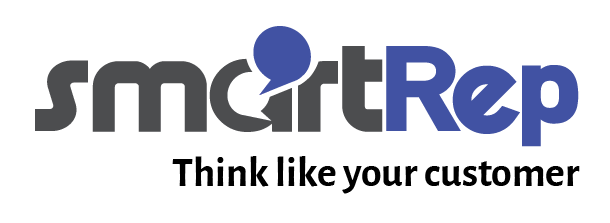Date: 23.11.2022
From: Sofia
How Healthcare Chatbots benefits Medical Industry?
Chatbots have started to dominate a variety of businesses due to the outstanding advancement of Artificial Intelligence. One of these businesses, is the healthcare industry where chatbot’s contribution is significant. A medical chatbot is a conversational AI tool that facilitates communication between patients and healthcare organizations and offers a smooth user experience. The availability of these chatbots whenever and wherever needed is the main point of emphasis. The concept is rather straightforward: a system that generates automated responses based on user engagement.
To save workload, many healthcare institutions have deployed medical chatbots. The medical chatbot is here to save the day because the staff will be too busy caring for patients. The patient can use a medical chatbot to gather all the information, schedule an appointment, and even get feedback. The chatbot quickly connects the user to the next available doctor if the condition must be evaluated further. A chatbot’s ability to maintain a human-to-human connection with the user is one of its important characteristics.
The healthcare sector is being revolutionized by medical chatbots. According to research, the market for healthcare chatbots would be valued $703.2 million in 2025. It is obvious that medical chatbots are beneficial to this sector. Below, we depict a few applications for chatbots in the healthcare sector below:
- Schedule medical appointments
Direct appointment booking from your chatbot is available to patients. Additionally, the bots may assign a doctor to your patient, contact the doctor with patient information, and schedule a time window for both the patient and the doctor in their calendars. - 24/7 Support
Emergencies in medicine can happen at any time. A patient could require anything at any time, from diagnosing symptoms to planning operations. Not every medical expert will always be able to handle every situation. Here is where chatbots can be useful. They are constantly accessible to everyone. - Lower costs
Most of the time, hospitals charge for each test, diagnostic, physician appointment, follow-up, medicine, and so forth. Chatbots can drastically reduce the number of first evaluations. - Quick information and medical background
Time is an important factor in healthcare. Each second counts. The longer you wait in an emergency, the more likely something negative will happen. Healthcare chatbots can save time because they instantly give clinicians access to a patient’s medical history, allergies, and other medical information. - Guides the user
User friendliness is one of the most crucial traits every program must possess. Their screen’s contents ought to be transparent and intelligible. In the form of pop-up displays, chatbots can quickly grab attention and offer additional assistance. - Patient feedback
In order to improve, it’s essential to have feedback. A chatbot for healthcare can share survey results with the team after posing questions in an approachable style. - A source of information
There are always people who call with more questions, such as insurance claims, or even just to have anything repeated. ChatBots provide meaningful information, cuts down on the number of calls that are repeated, and saves time. - Patients’ Medication Reminders
Chatbots can be used by medical professionals to remind patients to take their prescribed prescriptions. Reminders for refilling prescriptions, follow-ups, regular checks, etc. are other ideal uses for chatbots.
Medical chatbots can also make a significant contribution to the front office of healthcare by streamlining referrals, scheduling patient consultations, and streamlining admission, discharge, and transfer requests. Chatbots can be configured to deliver alerts and notifications for medication refills, update record systems with patients’ medical histories, and promote peer collaboration.
A unified system of records can be created by chatbots by transferring data from old systems to modern databases, saving the systems time and money even though it may appear to be practically difficult to integrate information sources. Chatbots can save thousands of working hours a year for hospitals and doctors, leading to both cost savings and a better quality of service for the user.
